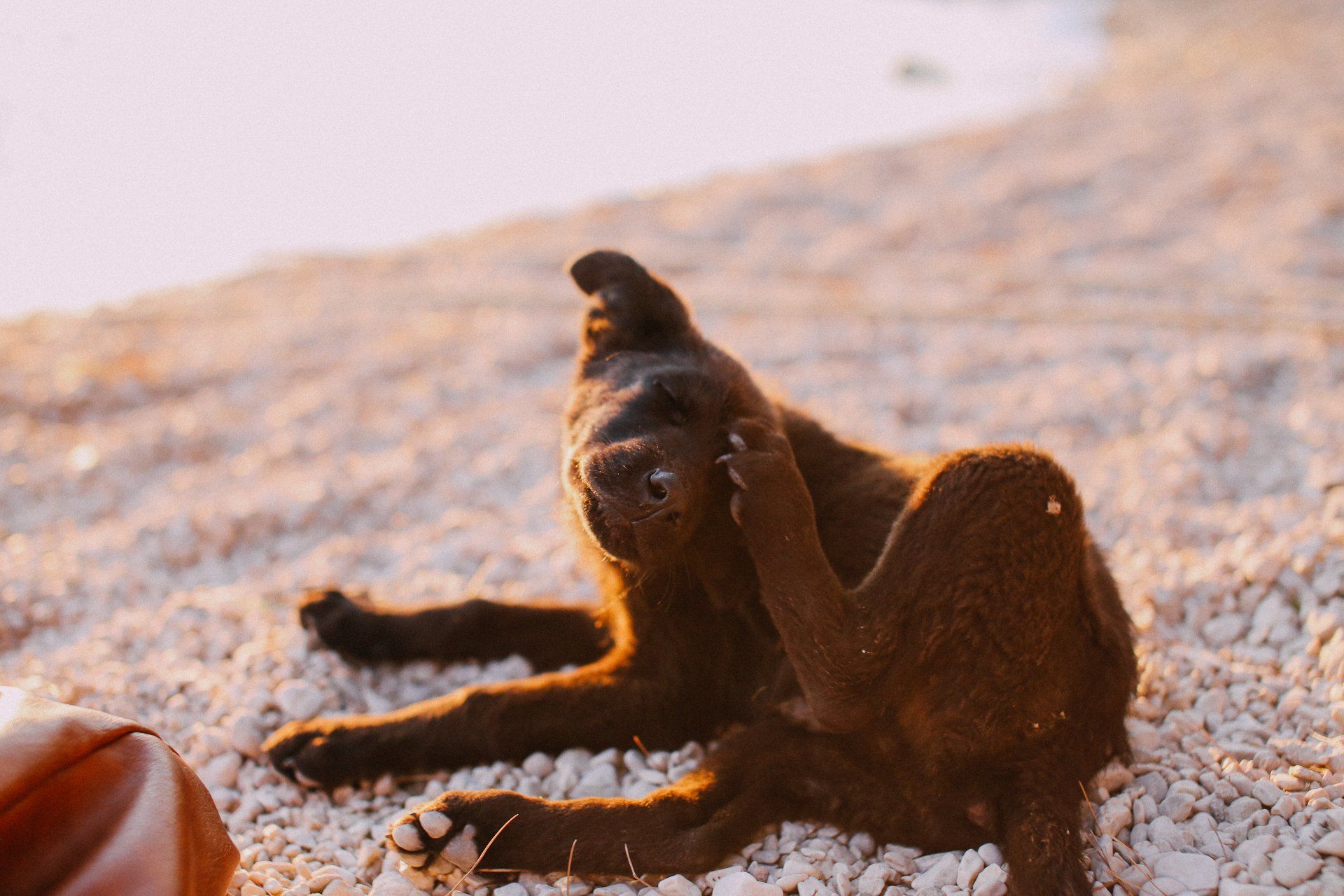Animal Coronaviruses Overview
At the time of this writing, the World Health Organization has deemed the coronavirus outbreak an official pandemic. There have been approximately 121,000 cases worldwide, with just over 1,000 in the United States. Those numbers are likely to increase due to the fact that this is an emerging virus. This article is not meant to address the COVID-19 issue in people, but rather focus in on coronavirus in animals. At this time, COVID-19 has not been identified in animals, though it’s beginnings are not determined. If this were a zoonotic disease, which means transferring between people and domesticated animals, there would be reports of infected animals along with the daily updates on the number of people that are infected.
There are several viruses that affect animals that are within the coronavirus family. The term corona means crown and is given to this family of viruses due to the shape of the virus’s outer shell. The viral surface is surrounded by a ring of projecting proteins that cause it to appear "crownlike" when viewed under an electron microscope. Dogs , Cats, Horses, Turkeys, Bovine, and Pigs are several of the species that have had coronaviruses detected in them. Click on the hyperlinks embedded above to read more about coronavirus in each species.
In general, coronaviruses tend to cause very mild disease in most animals. Coronavirus in dogs used to be considered a core vaccine, but was removed from that status over 15 years ago. The vaccine was removed because it is mainly a virus of puppies that causes such mild clinical signs as to not warrant the risk of vaccination. Coronavirus in cattle is termed winter dysentery and is also generally mild. Perhaps the cat coronavirus, known as FIP, is the most aggressive form.










